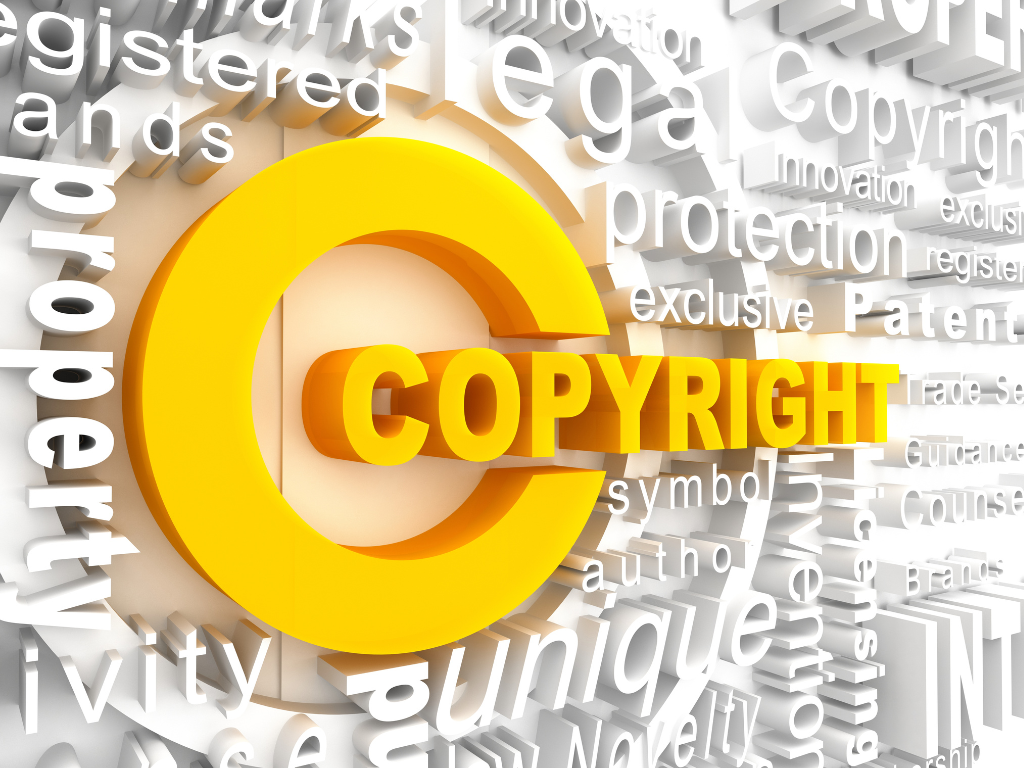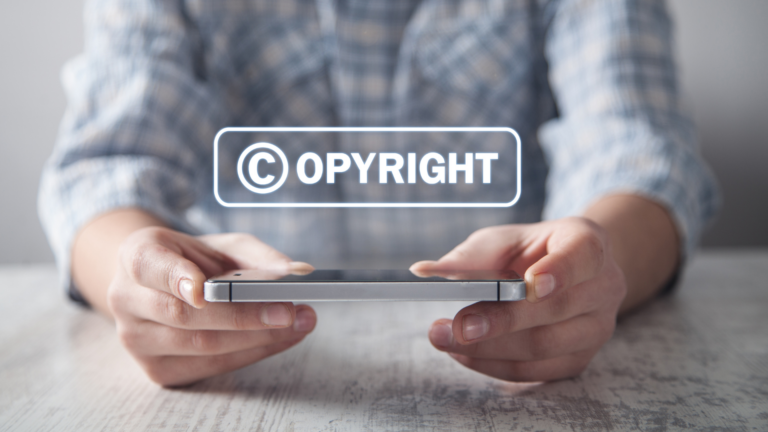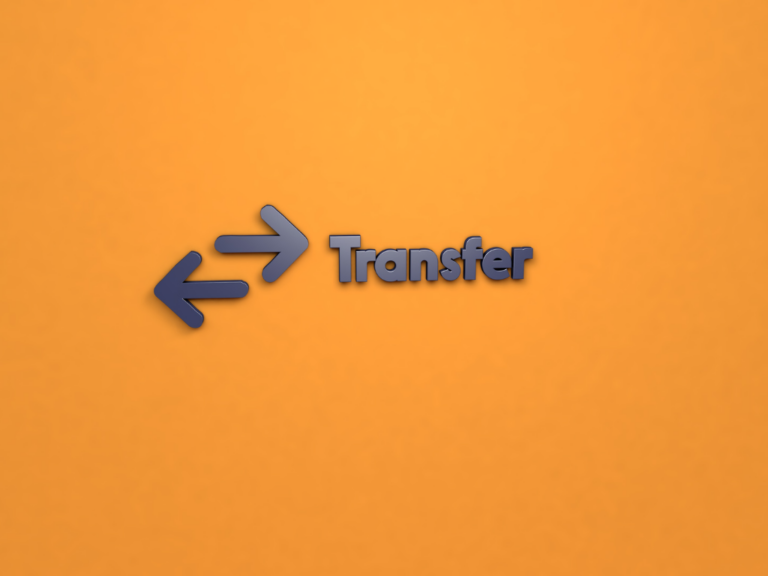Call us now:
Comparison between copyright transfer and copyright licensing in Vietnam under Vietnamese intellectual property law.

What is the right to use a work?
The right to use a work, in the field of intellectual property, is a fundamental component of the rights safeguarded by copyright law. This right grants the copyright owner exclusive control over how their work is used, ensuring that they can authorize or restrict the use of their creation by others. It encompasses a wide range of activities that involve the reproduction and dissemination of the work in various forms, including:
- Copying: The right to reproduce the work in any material form, such as making physical or digital copies.
- Distributing: The right to distribute copies of the work to the public, whether through sale, rental, or other means.
- Importing: The right to import copies of the work into a particular country for sale or distribution, giving the copyright owner control over the international circulation of their work.
- Displaying: The right to publicly display the work, especially in cases of visual works like paintings, photographs, or sculptures.
- Performing: The right to perform the work publicly, applicable to musical, dramatic, or literary works.
- Broadcasting: The right to communicate the work to the public by broadcasting it through radio, television, or digital platforms like streaming services.
- Renting: The right to authorize the rental of copies of certain types of works, such as films or software, particularly when it involves copyrighted digital media or recordings.
- Creating derivative works: The right to create new works based on the original, such as adaptations, translations, or modifications that result in a new expression of the original work.
These exclusive rights allow the copyright owner to protect the integrity and value of their work, controlling who can benefit from its use and under what terms. Without the owner’s explicit permission, any unauthorized use would be considered a violation of copyright law, subject to legal action.
Copyright Licensing in Vietnam
According to Article 47 of the Intellectual Property Law, copyright licensing is the act in which the copyright owner permits another organization or individual to use, for a specified period, one, some, or all of the following rights:
- The right to publish the work or allow others to publish the work;
- Property rights within the scope of copyright, including: the right to create derivative works; the right to perform the work publicly; the right to reproduce the work; the right to distribute or import the original or copies of the work; the right to communicate the work to the public by wire, wireless, electronic networks, or any other technical means; the right to rent the original or copies of cinematographic works and computer programs.
If the work has co-owners, the licensing must be agreed upon by all co-owners. However, if the work contains distinct parts that can be used independently, each copyright owner has the right to license their respective part independently.
The organization or individual receiving the licensed rights, known as the licensee, may further sublicense those rights to a third party, but this action is only permissible if explicit consent is granted by the original copyright owner, also referred to as the licensor. Sublicensing allows the licensee to extend some or all of the licensed rights to another party, enabling that third party to use the copyrighted work within the scope of the original license agreement.
Comparison between copyright transfer and copyright licensing in Vietnam
Similarities between copyright transfer and copyright licensing in Vietnam
Subject matter: Both copyright transfer and copyright licensing involve the transfer of certain rights over a copyrighted work, specifically the right to publish the work and associated property rights. Property rights under copyright law may include the rights to reproduce, distribute, publicly display, perform the work, and create derivative works. In both types of transactions, the copyright owner can authorize another party to exploit these rights commercially, either by fully transferring ownership (in the case of transfer) or by granting limited usage rights (in the case of licensing).
Parties: In both copyright transfer and copyright licensing agreements, the primary parties involved are the copyright owners and the transferee or licensee. The copyright owner may be an individual, a company, or a group of co-owners. If the work has co-owners, both copyright transfer and licensing require the consent of all co-owners to proceed. This ensures that all parties holding a stake in the copyright agree to the terms of the agreement, whether it be a permanent transfer of ownership or a temporary grant of usage rights.
Form of contract: Both copyright transfer and copyright licensing agreements must be formalized in writing, as required by Vietnamese intellectual property law. The written contract is essential to clearly define the scope of rights being transferred or licensed, the terms and conditions of the agreement, and the obligations of both parties. A written contract also provides legal protection and serves as a reference in the event of any disputes. This requirement ensures that both parties are fully aware of their rights and responsibilities, and that there is a tangible record of the transaction that can be used for enforcement if necessary.
Differences between copyright transfer and copyright licensing in Vietnam
Subject matter: A key distinction between copyright transfer and copyright licensing lies in the treatment of certain rights. Specifically, the right to name the work, which refers to the attribution or authorship of the work, can only be licensed, not transferred. This means that the copyright owner can permit another party to use or represent the name associated with the work, but the right itself remains with the original author. In contrast, other property rights—such as the right to reproduce or distribute the work—can be fully transferred in a copyright transfer agreement.
Nature: Copyright transfer and copyright licensing differ fundamentally in their nature. In a copyright transfer, ownership of the rights is permanently transferred from the original owner to another party. Once transferred, the new owner assumes full control over the rights and can use or exploit the work as they wish, without further involvement from the original owner. On the other hand, copyright licensing does not involve the transfer of ownership. Instead, it grants the licensee permission to use the copyright for a specific purpose and within a defined scope, such as distribution or reproduction, for a limited time. The original copyright owner retains ownership of the work and can continue to exercise their rights after the license expires or restrict its use outside the agreed terms.
Contract duration: The duration of a copyright transfer and licensing agreement is another significant difference. In a copyright transfer, the transfer of ownership is permanent and has no expiration. Once the rights are transferred, the new owner holds them indefinitely, unless otherwise specified in the contract.
In contrast, copyright licensing is temporary and is bound by a specific time frame as agreed upon by the parties. The license may last for a few months, years, or another set period, and once the agreed duration ends, the licensee loses the right to use the copyright unless the agreement is renewed.
Registration procedures: When a copyright transfer occurs and the copyright has been previously registered with the Vietnam Copyright Office, the parties must file for a new registration to reflect the change of ownership. This step is necessary to update the official records and ensure legal recognition of the new owner’s rights. In the case of copyright licensing, no registration with state authorities is required. The licensing agreement is typically a private matter between the parties, and it is not necessary to file the license with the Vietnam Copyright Office for it to be valid. The licensee gains the right to use the work based solely on the contractual agreement, without the need for government involvement.
Contact Us Now:
DCNH LAW
Address: 38B Tran Nhat Duat, Phuoc Hoa ward, Nha Trang city, Khanh Hoa province, Vietnam.
Phone: (+84) 343320223 – 974278893
Email: dcnh.law@gmail.com




